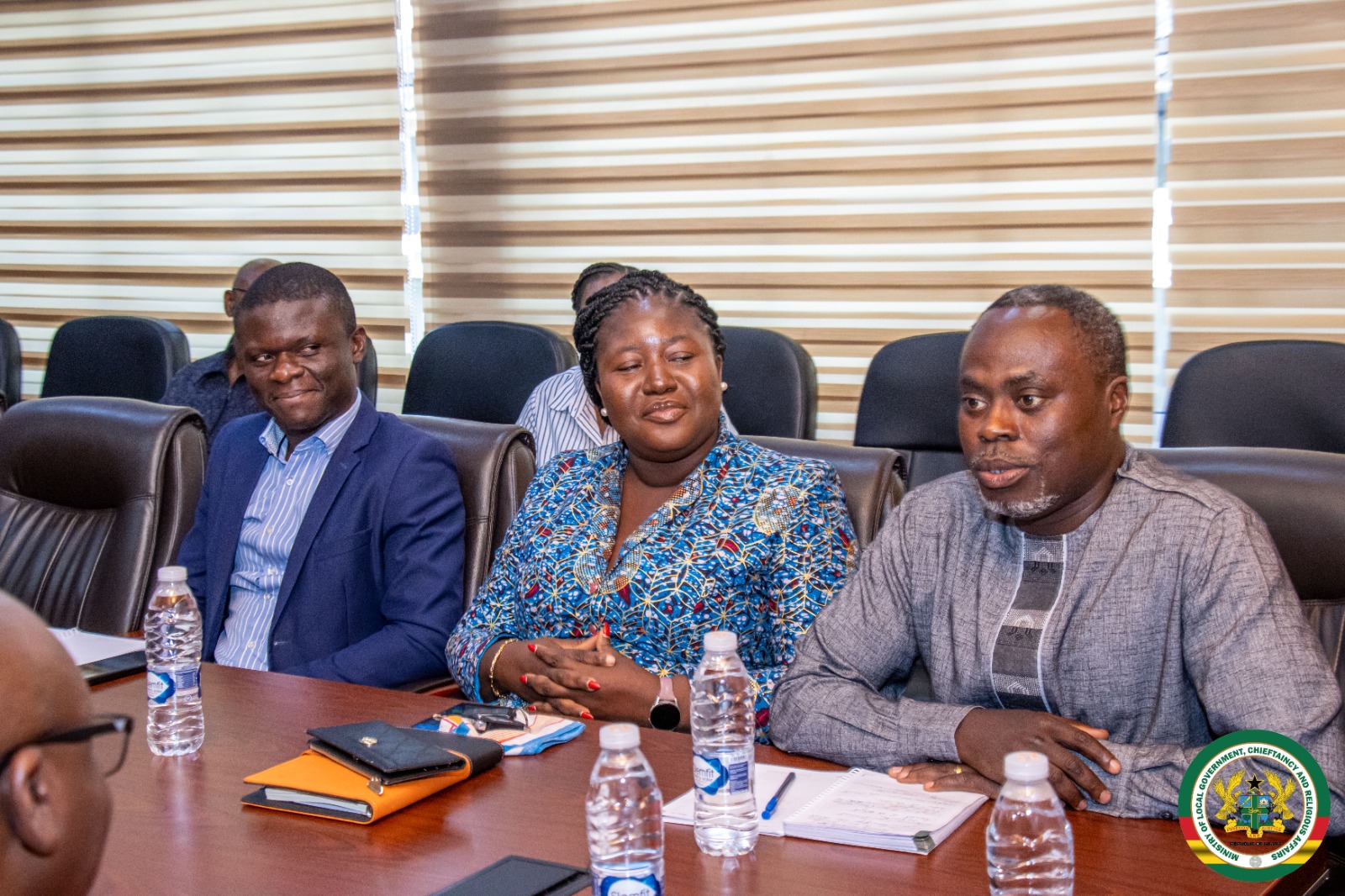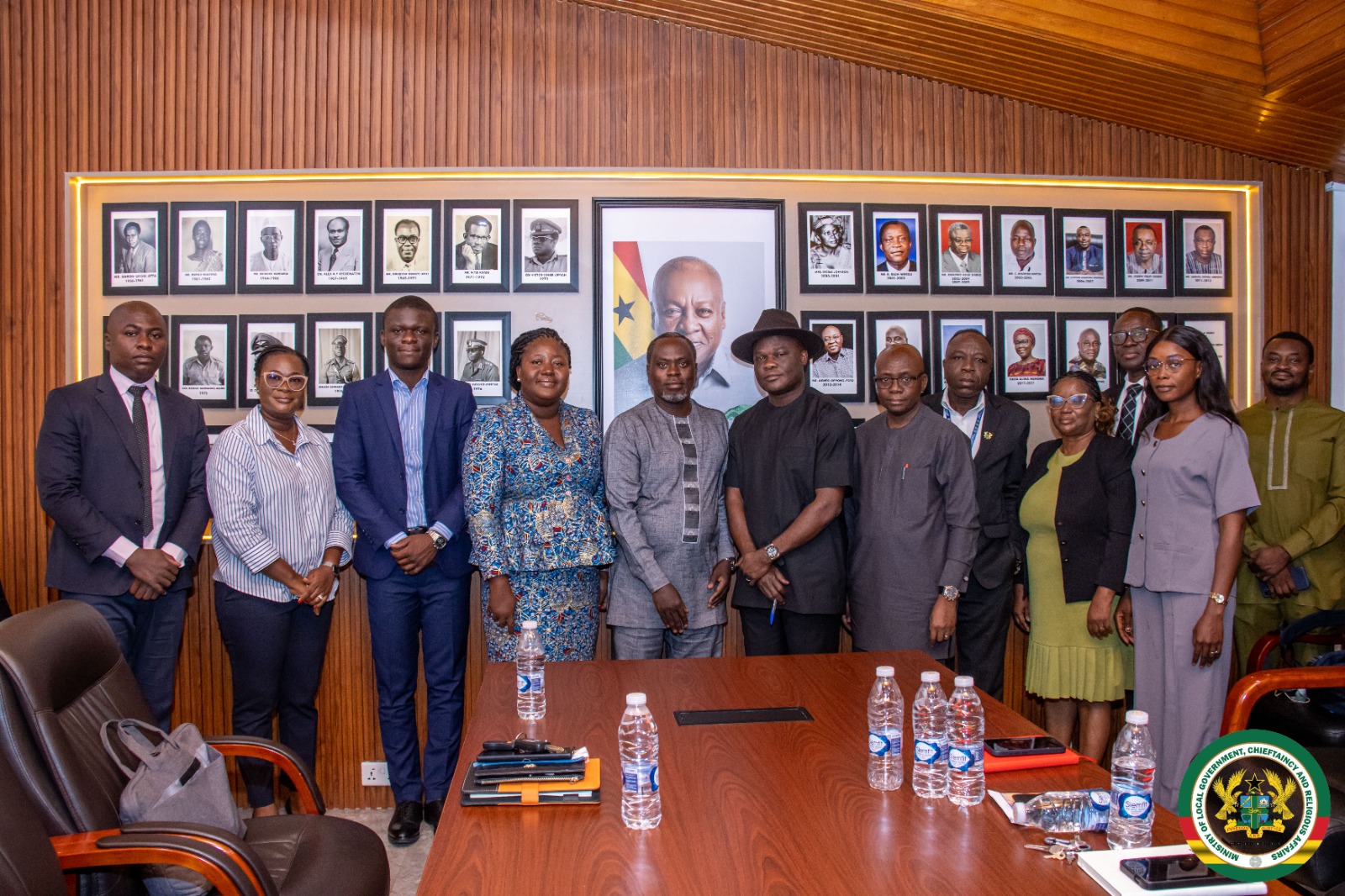The Government of Ghana, through the Ministry of Local Government, Chieftaincy and Religious Affairs (MLGCRA), has announced payment of 300% increment in chiefs’ allowances, to take effect during third quarter release. The major boost forms part of government’s commitment to strengthening the traditional governance system and ensuring that chiefs are well-resourced to play their vital roles in national development.
The announcement was made by the sector minister, Hon. Ahmed Ibrahim, on Tuesday, 11th November 2025, during his maiden engagement with the Bono Regional House of Chiefs in Sunyani.
Addressing the House, the Minister reiterated government’s unwavering support for the chieftaincy institution and emphasized that the allowance increment reflects the value government places on traditional authority. He said government is committed to ensuring that Traditional Authorities are given the support needed to continue their contributions to peace, unity and development.
As part of the third quarter release, the Ministry will also fast-track the payment of judicial committee allowances to enable committees sit promptly on pending cases. This intervention is expected to reduce the rising number of chieftaincy disputes in not only the Bono Region but the Bono East Region, promote harmony, and enhance stability for development planning.
Hon. Ibrahim stressed that delays in adjudicating chieftaincy matters often lead to tension and stalled development. He noted that the Ministry’s renewed focus on timely justice delivery will support the region’s efforts to maintain peace.
The Minister encouraged chiefs in the Bono Region to remain united, adding that a united chieftaincy front attracts development faster than individual efforts. He highlighted that government is committed to working hand-in-hand with traditional leaders, but unity at the regional and local levels is essential for maximizing development outcomes.
Hon. Ibrahim together with the Bono Regional Minister, Mr. Joseph Addae Akwaboa also outlined ongoing and upcoming projects being undertaken by government to improve infrastructure and social services in the region. He maintained that these interventions are meant to augment existing development efforts and improve the wellbeing of the people of Bono.
They touched on the facelift of the healthcare facility, dormitories for second cycle schools, road infrastructural development as well as 24 hour model markets which is also aimed at creating jobs for the youth.
The engagement forms part of the Minister’s nationwide tour to interact with traditional authorities, strengthen collaboration, and reaffirm government’s commitment to supporting the chieftaincy institution.
Source: Chantal Aidoo
Public Relations Unit, MLGCRA

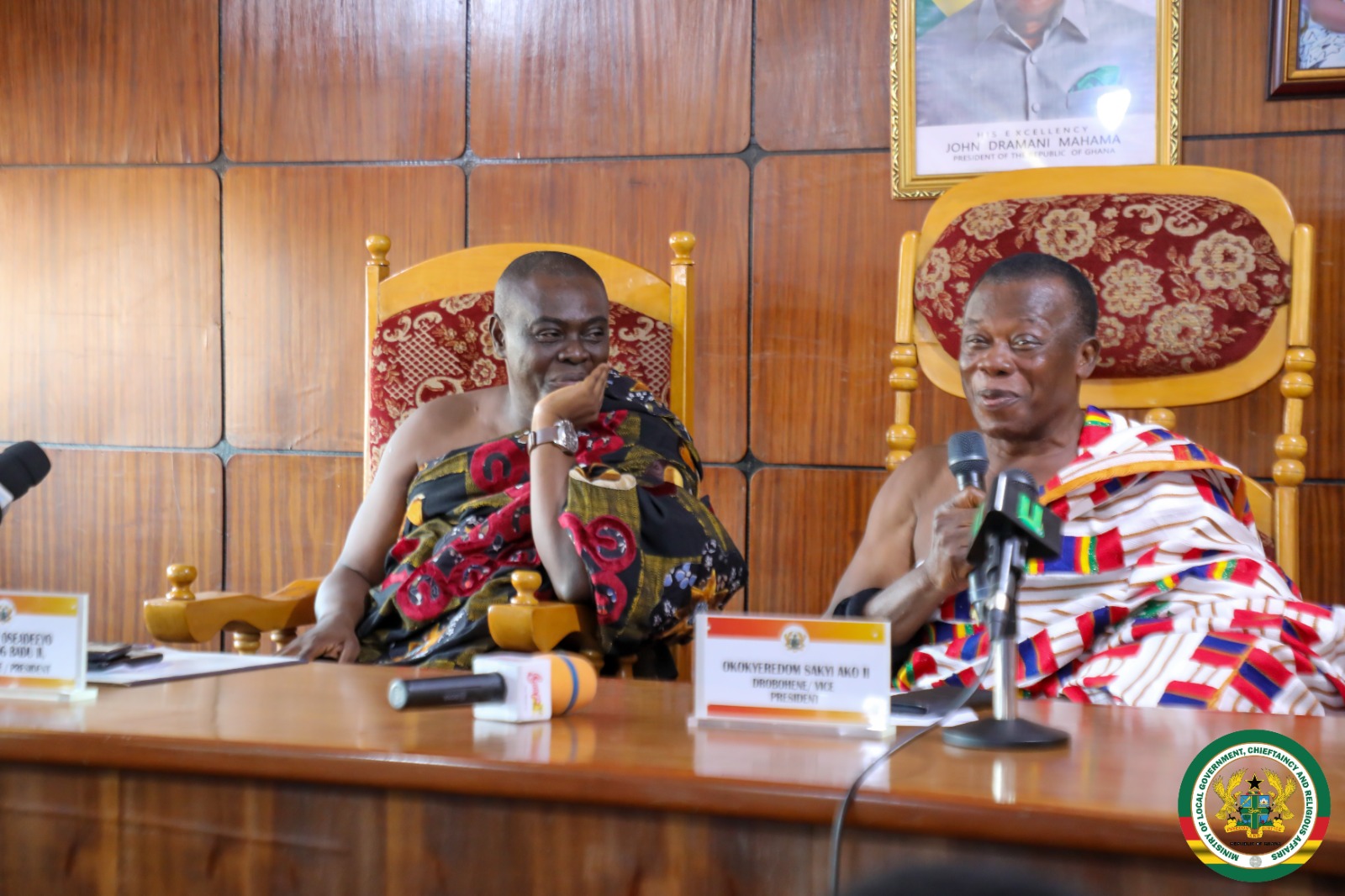
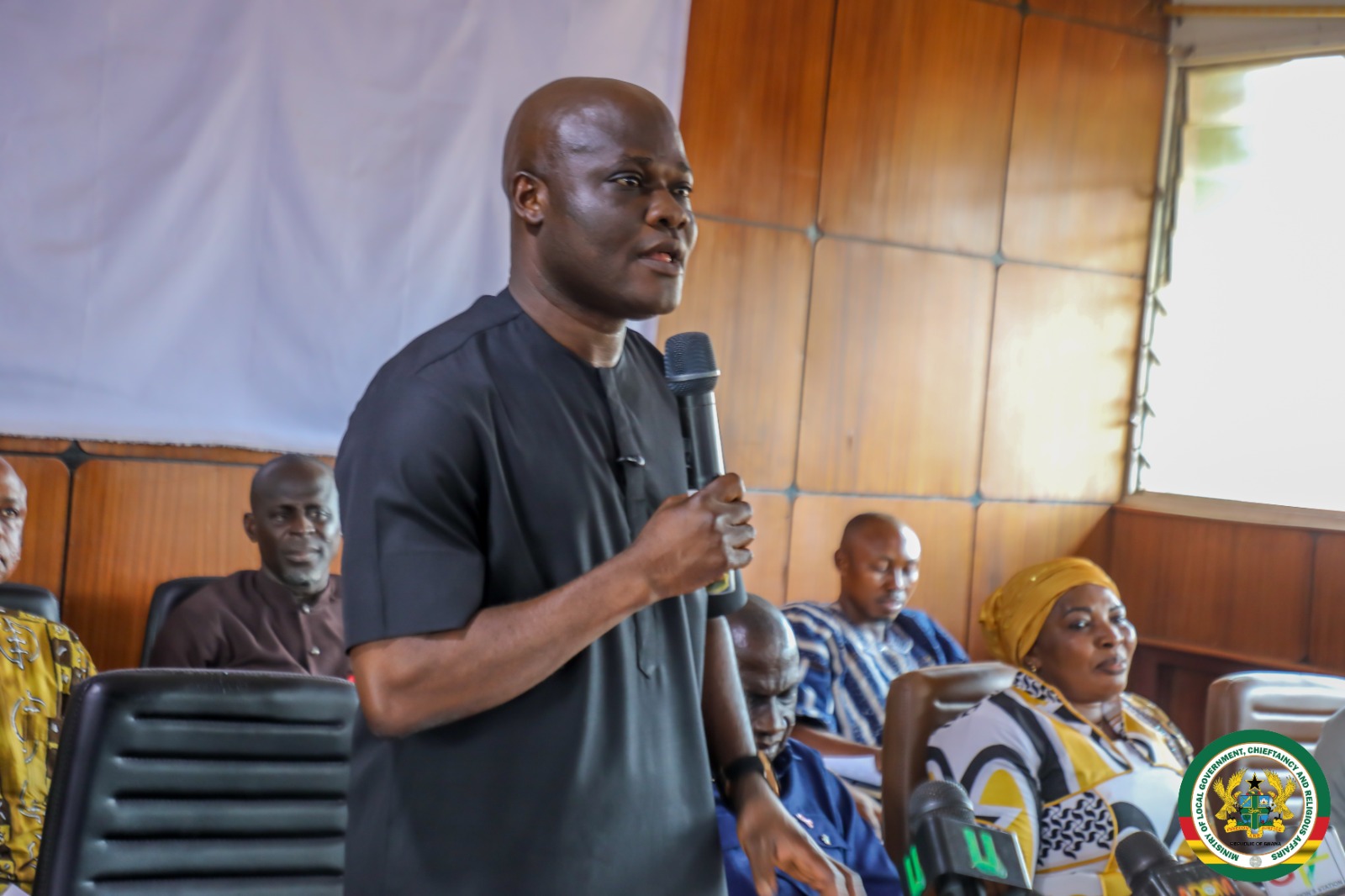
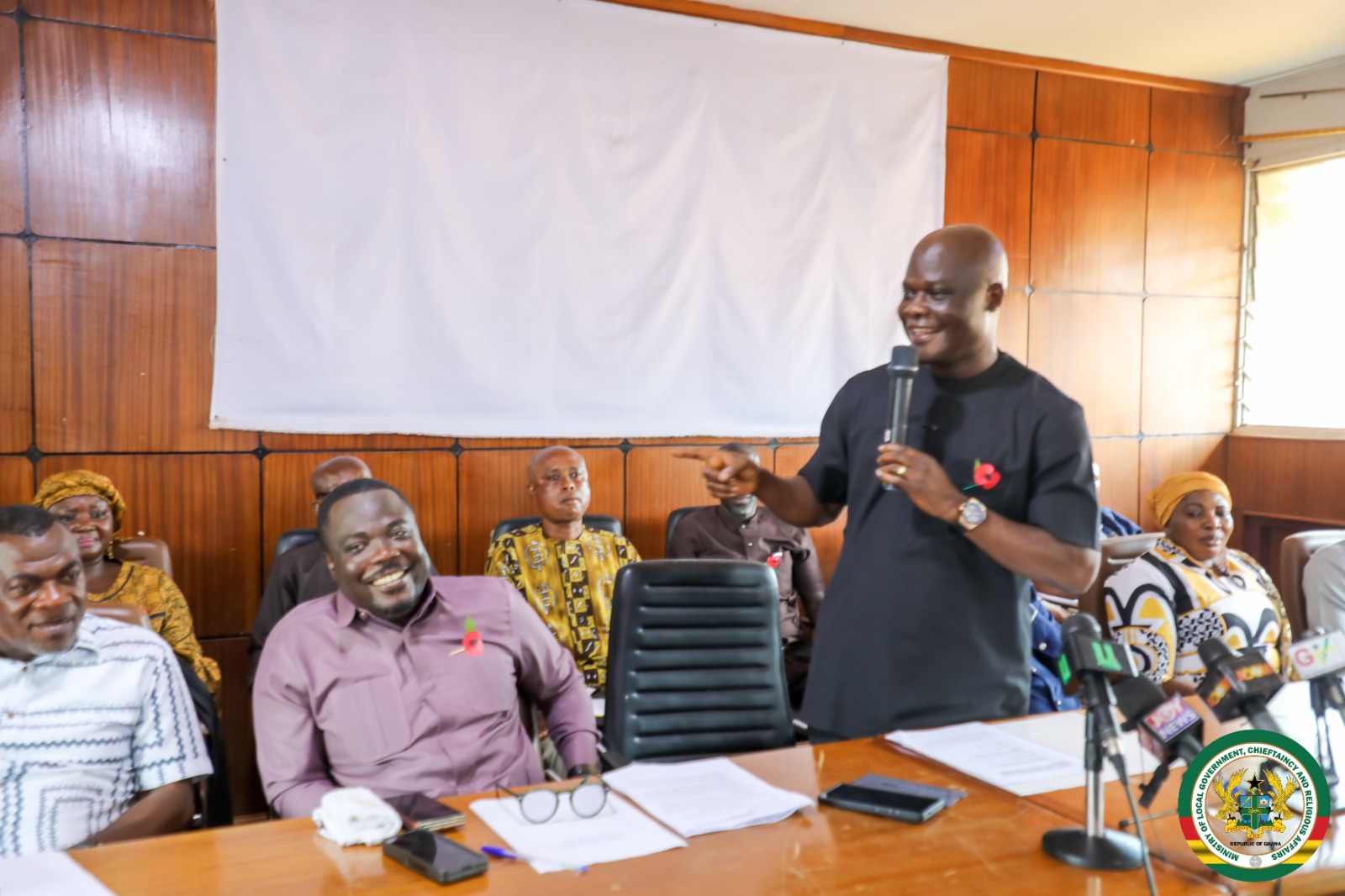
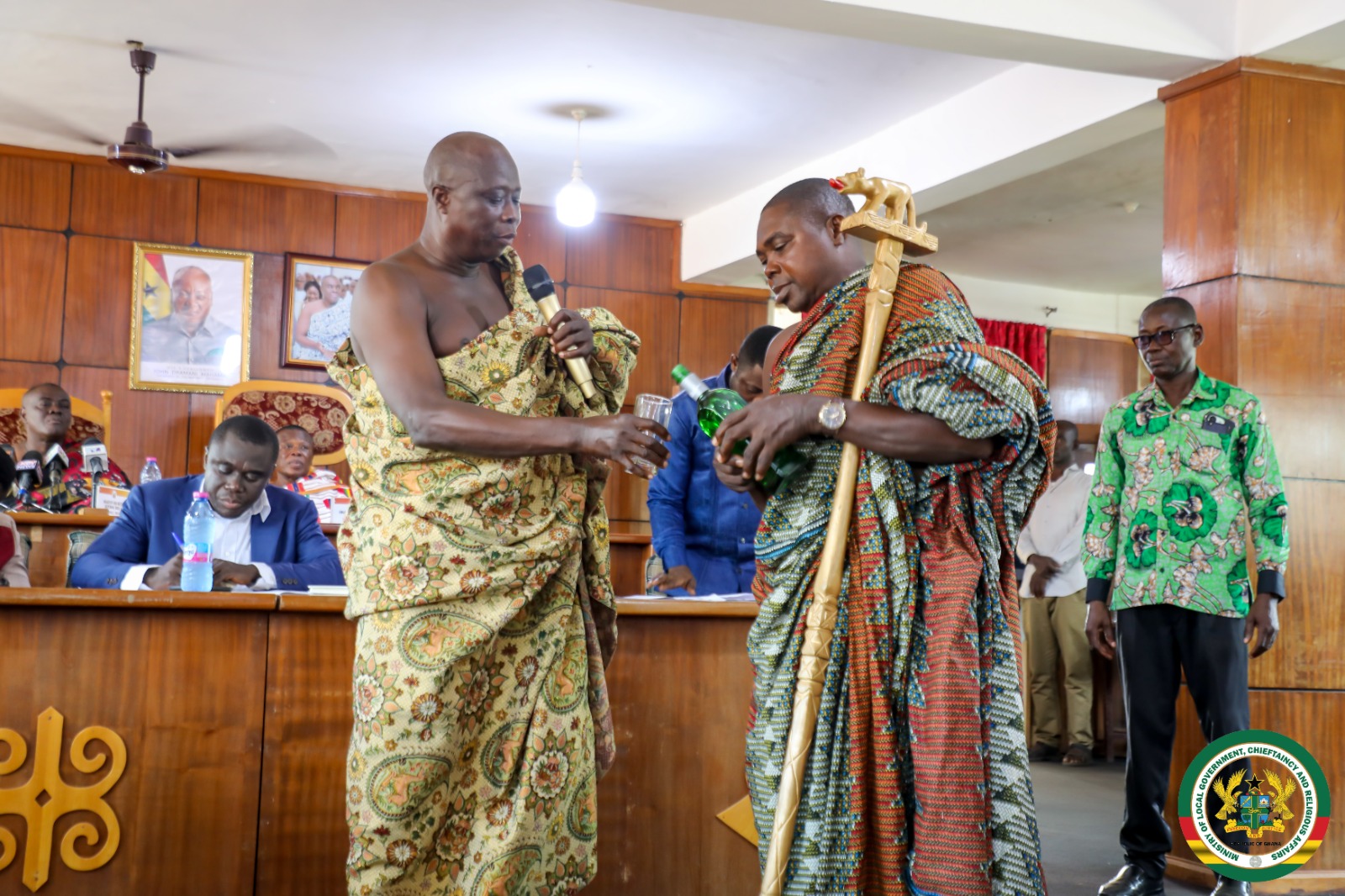
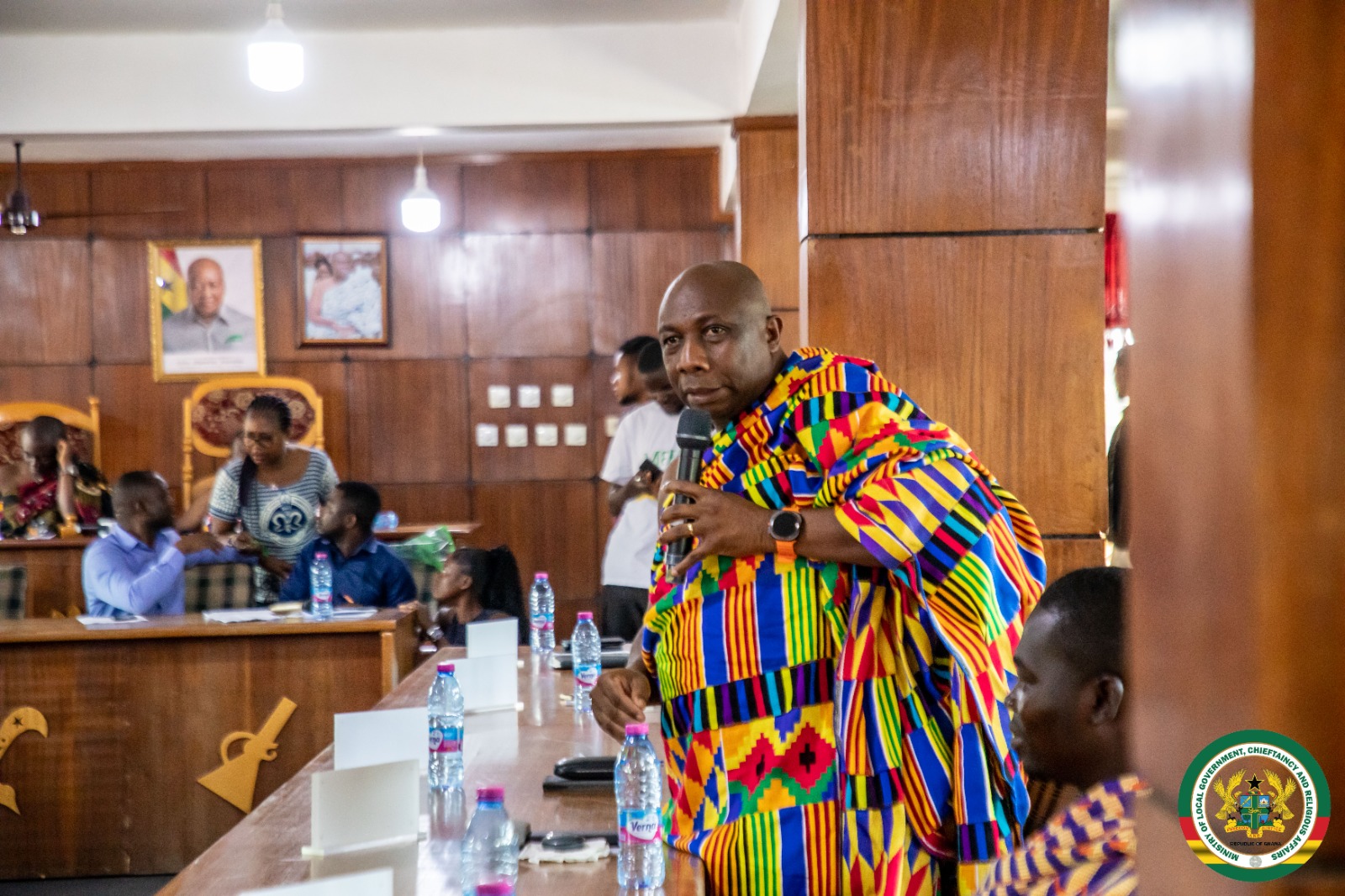
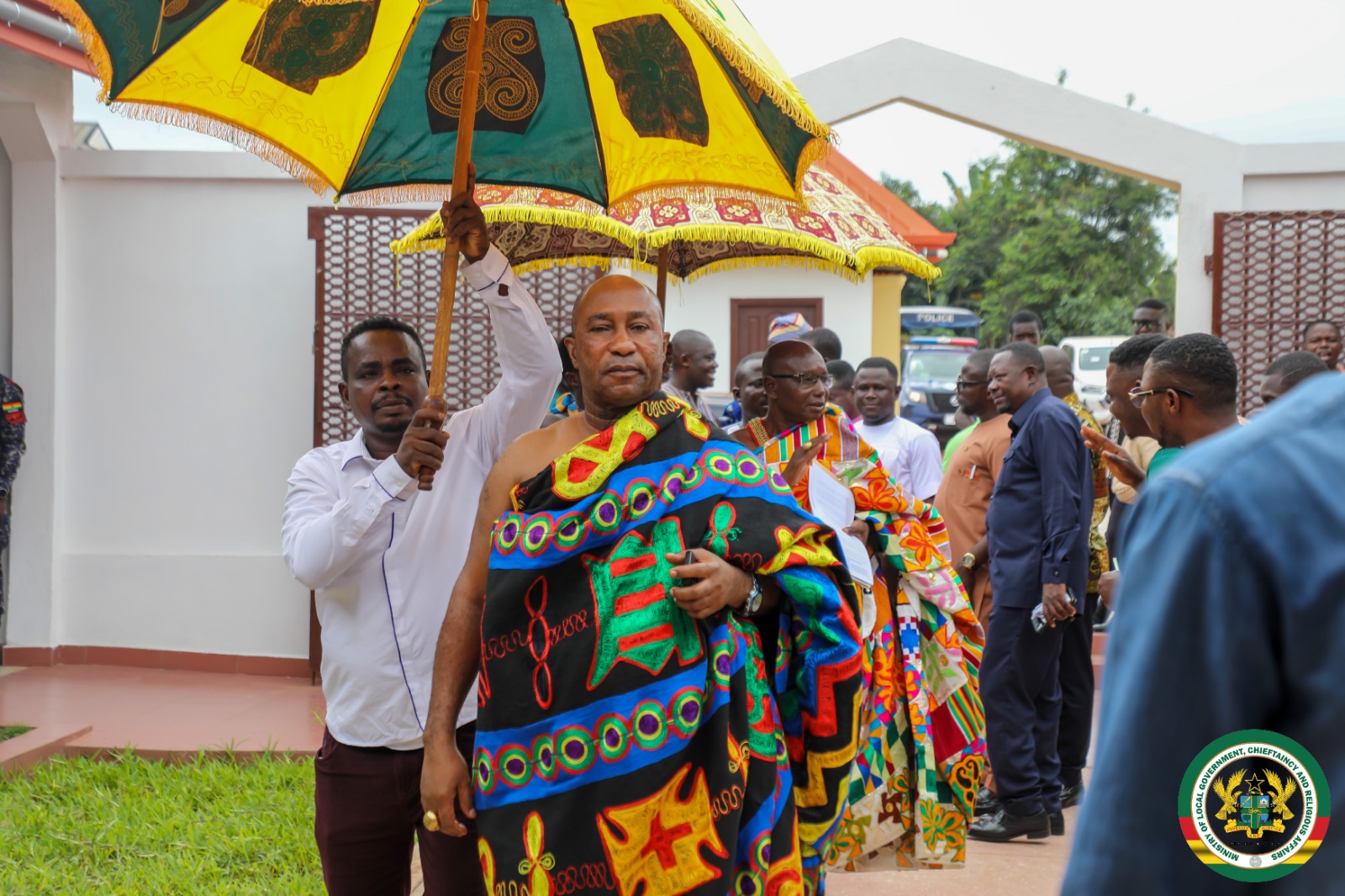
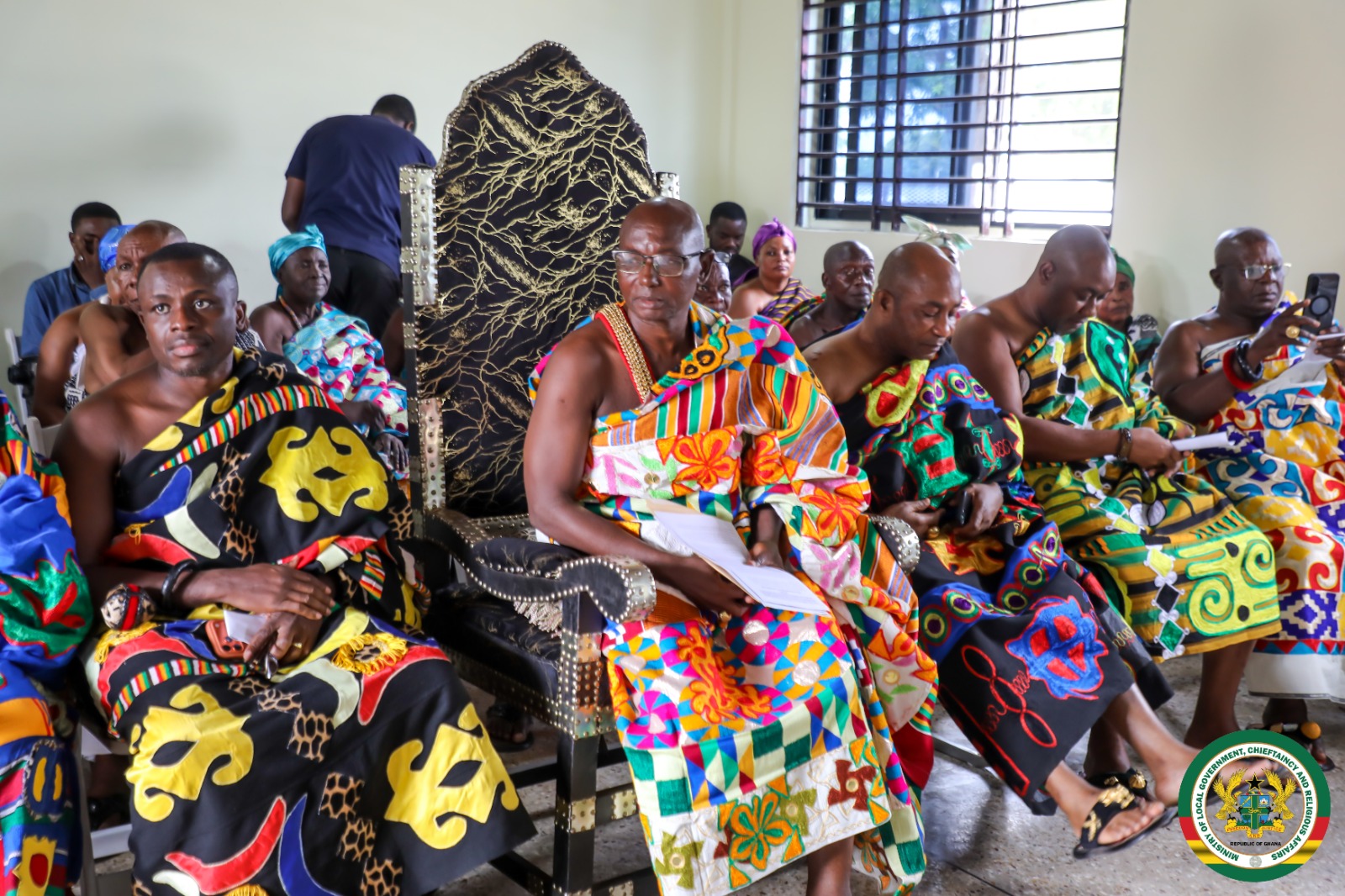
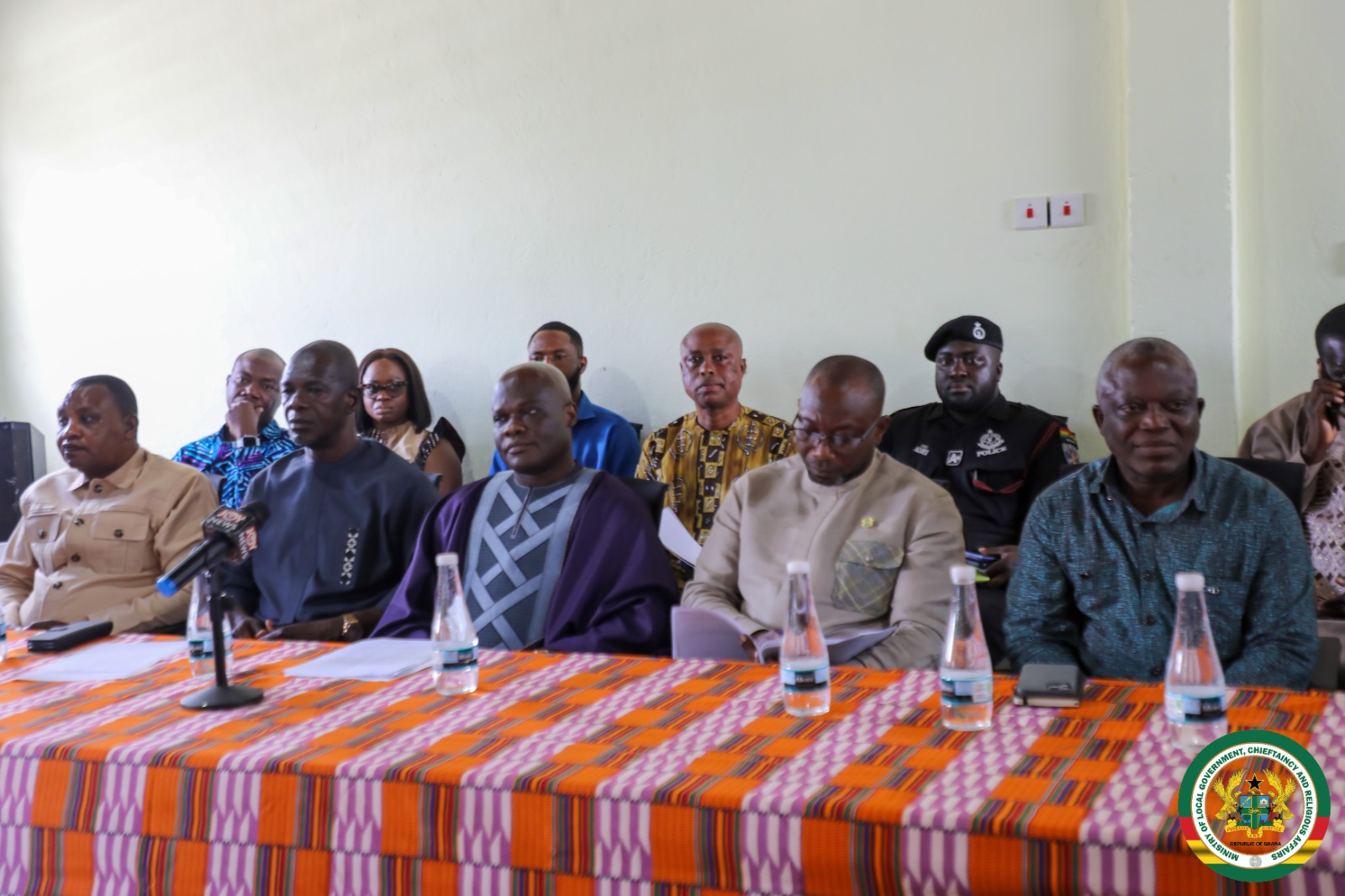
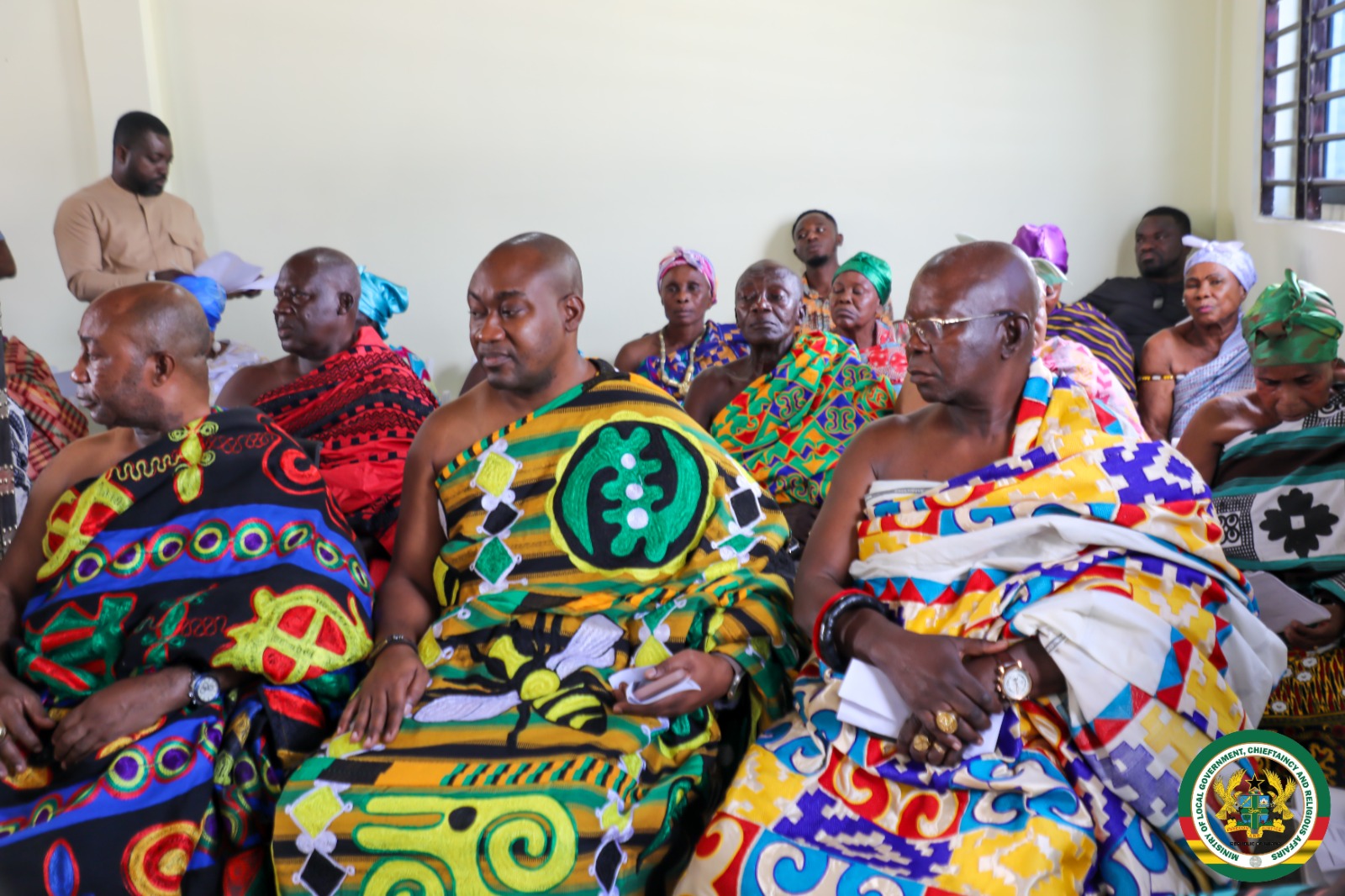
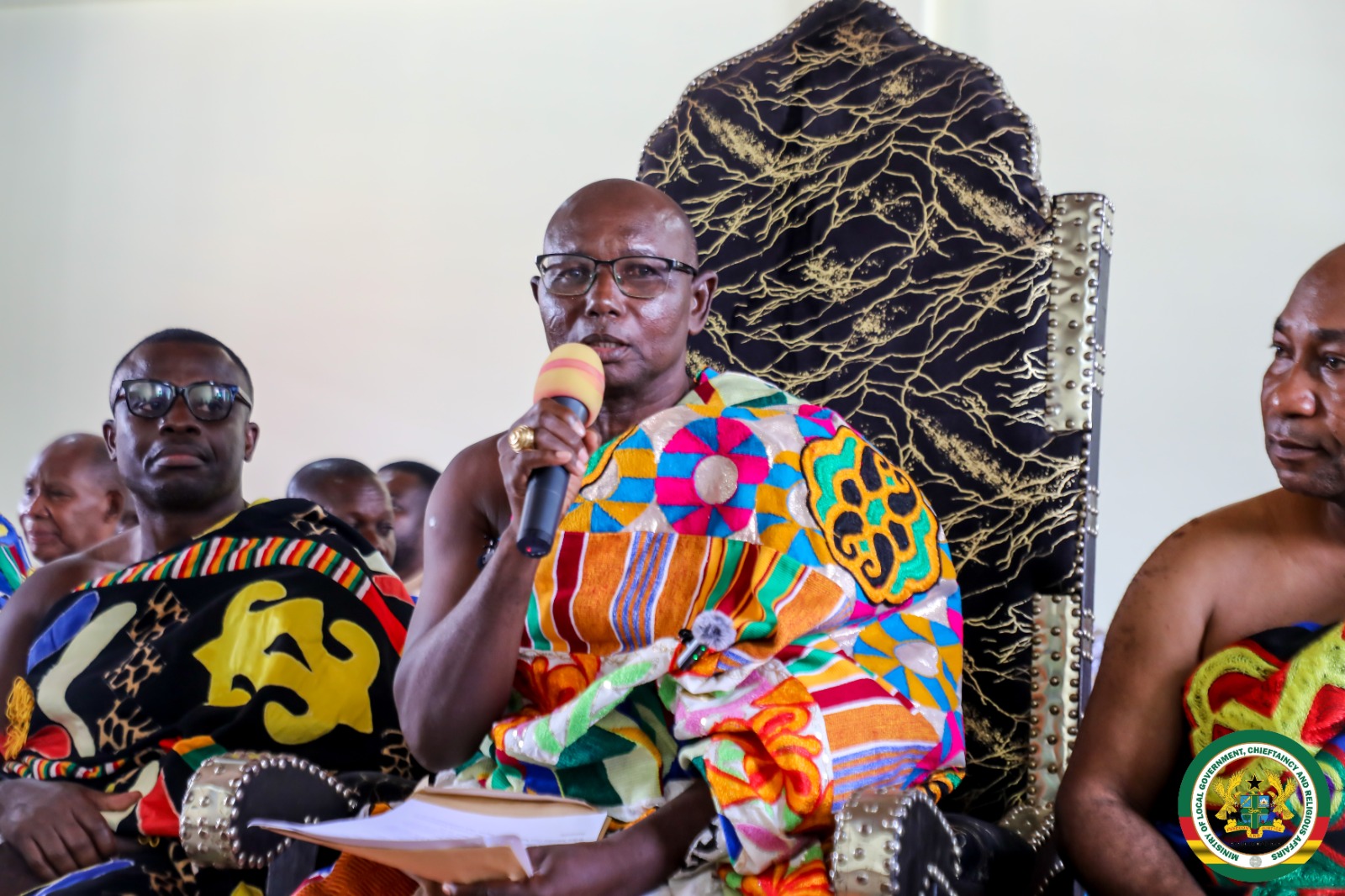
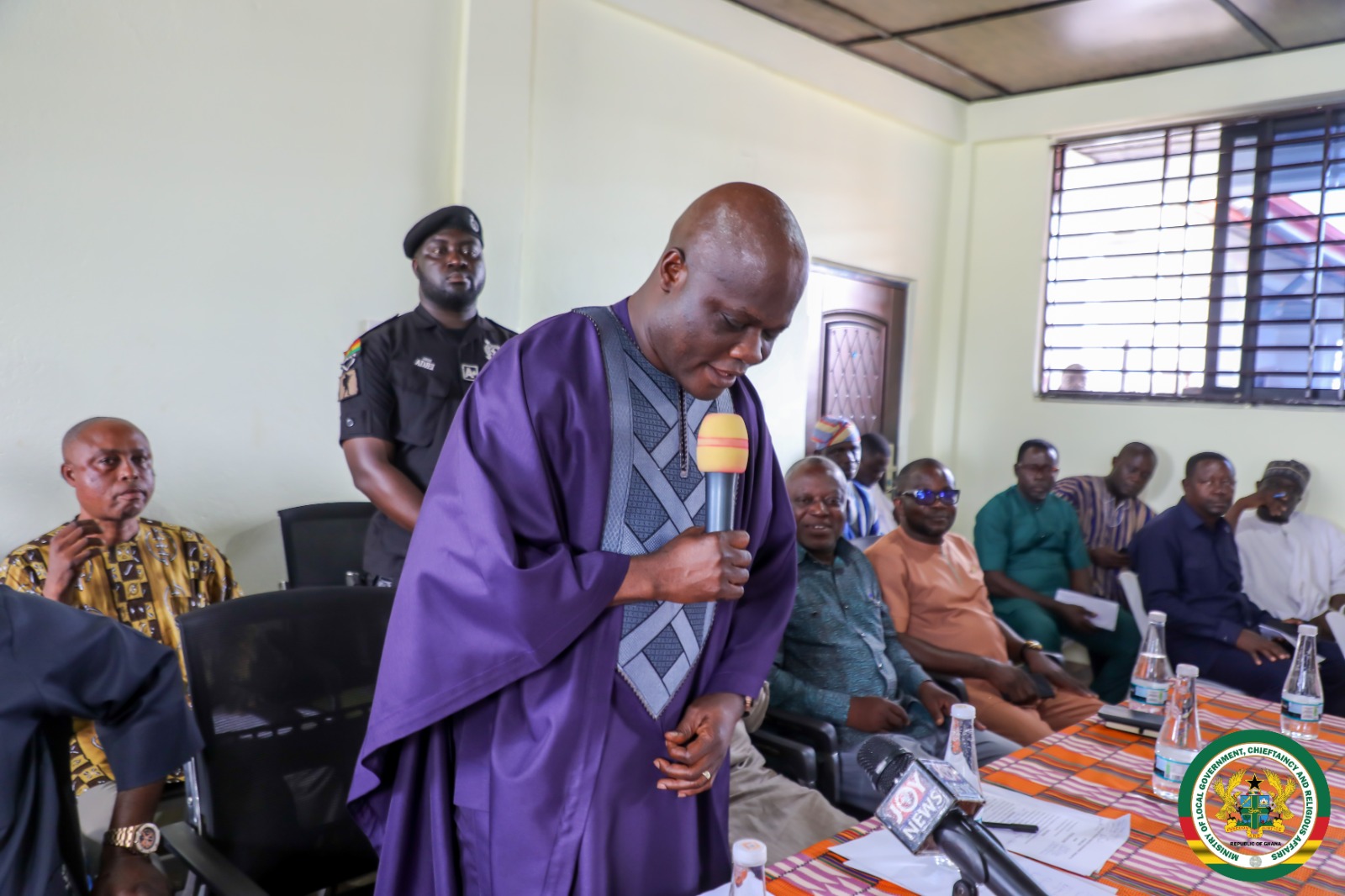
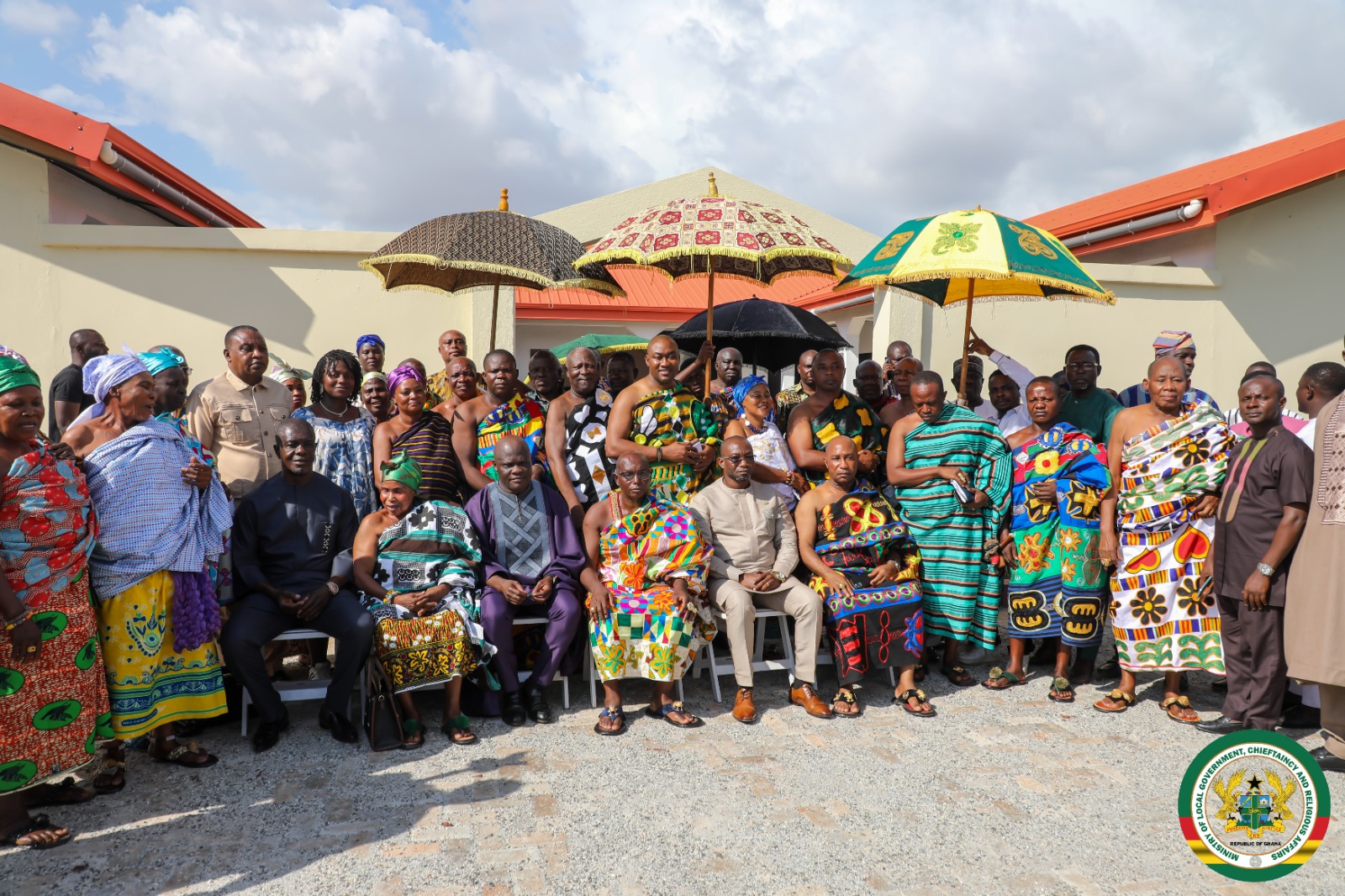
.jpeg)
.jpeg)
.jpeg)
.jpeg)
.jpeg)
.jpeg)
.jpeg)
